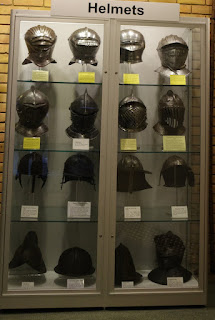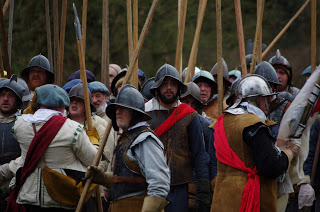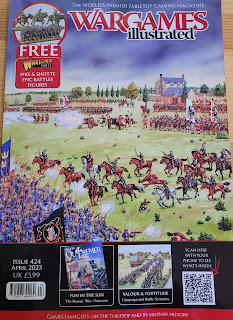So You Want To Know About Scots Armies?
As the Scots fought on both sides, and regularly changed allegiance it makes sense to just write one Scottish reading list.
Regular readers (hello all 12 of you) may have noticed a bit of a shift to matters north of the wall. You'd be correct, and can expect quite a bit of Scottish content over the next few months.
The 'regularly changed allegiance' bit of that sentence seems rather flippant, but in reality the Scots were looking after number 1. They wanted to protect the rights of the Presbyterian Church in Scotland and would support whomsoever they thought would guarantee those rights.
We mustn't overlook those Scottish lords who appear to have harnessed the chaos of the wars to settle old scores, consolidate and extend their lands, and generally feather their own nests.
Our starting point has to be Professor Furgol's "A Regimental History of the Covenanting Armies 1639-1651" (John Donald Publishers). Long out of print, copies do surface from time to time, but usually for rather a lot of money. A revised edition is on its way. The book starts with an introduction which briefly outlines how and why the Covenanters raised the many armies that took the field. Then follows a description of each army and the regiments that served in it. Recommended, this is on a par with "Old Robin's Foot" (but wait for the cheaper revised edition).
 |
 |
 |
All versions cover both the Covenanters and Montrose's Army. Personally I'd go for the "Great Rebellion" version.
 |
 |
Suppliers:
Please note, whilst I do occasionally get sent books to review, I bought all of the above volumes with my own money. Nor do I get any commission for recommending any reading materials...
These are my usual online sources for second hand books:
- The first has to be ABE Books, an online market place for booksellers from around the world. With a little perseverance and patience, you'll usually be able to find what you want, and more importantly at a price that you are prepared to pay.
- My second port of call, eBay, is usually a better source for the more readily available titles than ABE.
- The last place I look is Amazon, as prices for used books (particularly harder to find titles) are usually on the higher end of the price spectrum. A last resort, so to speak.












Comments
Post a Comment